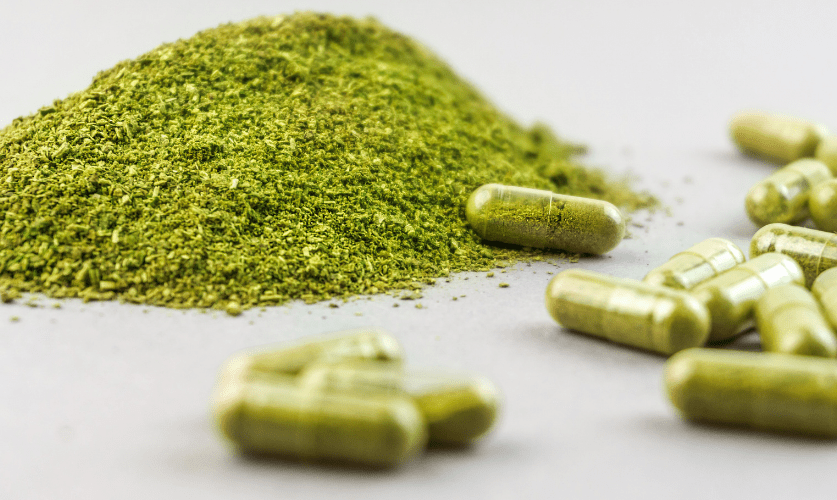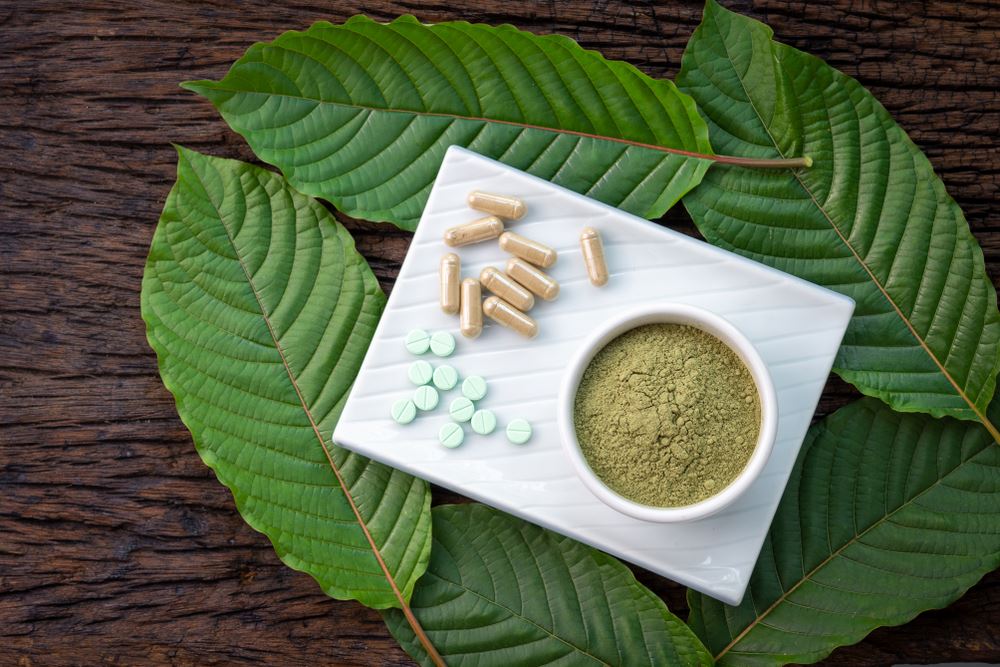Is Kratom Addictive? Find Kratom Addiction Help Today
Kratom addiction help is crucial for those struggling with dependency on this widely misunderstood substance. While kratom is often promoted as a natural remedy for pain and withdrawal symptoms, its misuse can lead to serious physical and psychological challenges. For individuals ready to regain control of their lives, professional support and evidence-based treatments can make all the difference. With the right guidance, recovery from kratom addiction is not only possible but achievable.
What Is Kratom?
Kratom is a tropical tree—classified as Mitragyna speciosa—native to Southeast Asia. Consuming the leaves of kratom has psychotropic—or mind-altering—effects. Kratom leaves contain two major psychoactive compounds, which are mitragynine and 7-hydroxymytragynine.
Currently, kratom is not illegal in the United States, but it is currently listed by the Drug Enforcement Administration (DEA) as a “drug of concern,” and has not been approved for any medical use by the Food and Drug Administration (FDA). That being said, it is currently quite easy to purchase kratom online or in a store that sells it.
Often, kratom is also found being served at kava bars. Kratom can be consumed in a variety of ways, including crushing the leaves then smoking the crushed leaves, brewing the kratom into tea, or placing kratom in gel capsules. The average cost of kratom leaves is $10 per ounce. Kratom has been consumed widely in Southeast Asia for a long time, and the United States has seen a major increase in kratom consumption in recent years.

Side Effects Of Kratom
When consumed in a low dose, kratom can produce stimulating effects such as increased physical energy and mental alertness. When consumed in higher doses, individuals may experience sedative effects.
Side effects of kratom include:
- Pain relief
- Relaxation
- Positive mood
- Increased energy
Kratom side effects include:
- Nausea
- Itching
- Sweating
- Dry mouth
- Constipation
- Increased urination
- Vomiting
- Drowsiness
- Loss of appetite
It is important to note that cases of psychosis symptoms have also been reported in connection with kratom consumption. These symptoms have included confusion, delusion, and hallucinations.
Is Kratom Addictive?
Yes— kratom is addictive. Kratom’s chemical properties cause it to bind to opioid receptors, the drug has often been promoted as a better alternative to opioids, and the “mild” drug kratom can help people wean off of “harder” drugs. However, kratom is also physically addictive—and comes with its own range of adverse effects and potentially dangerous consequences, including overdose.
According to the National Institute for Drug Abuse (NIDA), in 2017, the FDA reported nearly 44 deaths associated with kratom use, with one case involving the use of pure kratom. Most of the kratom-related deaths involve the intake of kratom along with other substances, such as alcohol, opioids, or benzodiazepines, but this does not mean that kratom is harmless.
Studies have shown that there is a correlation between increased consumption of Kratom and risk of dependency development, the severity of withdrawal symptoms, and cravings for the extract. Physical withdrawal symptoms manifested as muscle spasms, diarrhea, lack of appetite, fever, pain, and runny eyes and nose. Psychological withdrawal was characterized by mood swings such as anger, nervousness, restlessness, disturbed sleep, tension, and sadness.

If you or a loved one are addicted to kratom, know that you are not alone and help is available. Kratom addiction is far less talked about than opioids and other substances, but the addiction is real, and getting help could save your life.
Understanding Kratom Addiction and Seeking Help
Kratom, a plant native to Southeast Asia, has gained popularity in the United States as an herbal supplement for managing pain, boosting energy, or alleviating withdrawal symptoms from opioids. While it is legal in many states, including Tennessee, its misuse can lead to dependency and addiction. For individuals struggling with kratom addiction, it’s essential to understand that help is available. Oasis Recovery Center in Asheville, TN, offers compassionate and comprehensive addiction treatment services tailored to those facing the challenges of kratom dependency.
Signs and Risks of Kratom Addiction
Although some individuals turn to kratom for perceived medicinal benefits, its prolonged or high-dose use can lead to serious physical and psychological effects. Symptoms of kratom addiction may include mood swings, irritability, nausea, insomnia, and an overwhelming craving to use the substance. Over time, these effects can disrupt daily life, relationships, and overall well-being. At Oasis Recovery Center, we understand the unique challenges posed by kratom addiction and provide evidence-based therapies to address both the physical and emotional aspects of dependency.
Personalized Treatment at Oasis Recovery Center
At Oasis Recovery Center in Asheville, NC, we believe that recovery is not a one-size-fits-all journey. Our dedicated team of professionals works with clients to develop personalized treatment plans that address their unique needs and goals. From medical detox to ongoing counseling and holistic therapies, we equip individuals with the tools they need to break free from kratom addiction and build a healthier, more fulfilling life. Whether you or a loved one are facing challenges with kratom or other substances, Oasis Recovery Center is here to guide you every step of the way.
Contact us today for more information about how our programs and services can help you get your life back on track.









